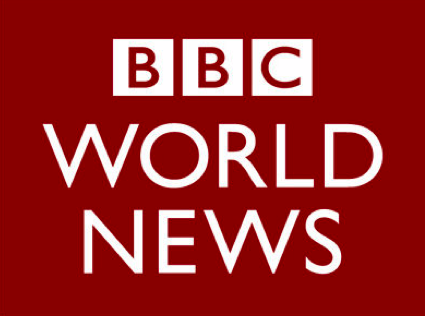BBC: Tom Burke is Chair of the British environmental think tank E3G and a former advisor tot he UK government on climate change. How significant does he think today’s signing really is?
Tom Burke: I think that it’s enormously significant. What the leaders are signing today is a document that is probably as important for the future of the world as signing the Charter on Human Rights was in the last century. If we don’t deal with climate change then stories like the one we have been listening to about Chad are going to be the life for everybody, a real undermining our security and prosperity if we fail to tackle the problem. What you saw in Paris was the world coming together to say “look we are going to tackle this problem” and doing that at a time of enormous turmoil and trouble. So I think that it is a positive thing that is happening today.
BBC: Doesn’t what’s happening to Lake Chad, and there are many other examples, suggest that it is too little, too late?
Tom Burke: It’s certainly very late.
BBC: But is it too late?
Tom Burke: No, it’s not too late. I think that’s quite wrong. We have the technology available now, if we really wanted to put the effort into deploying it, to keep the world below two degrees. It won’t be easy, the barriers aren’t the technology, so much as getting the politics right. That’s why this event today is so important, because what you are beginning to see is a real turning point in the politics of climate change. The political risks of not doing something about climate change are growing, as you get more and more Chad’s and more and more of the events that we have been seeing this year, and at the same time the political risks of actually doing something are going down, as the cost of low carbon energy begins to fall ever faster. So you’ve now got a political equation that’s very different form the one that we were dealing with ten years ago.
BBC: Two degrees was what they signed up to, but the aspiration was to one and a half degrees, have we missed that?
Tom Burke: Getting to one and a half is much harder than getting got two degrees. It’s much more uncertain that we could do it, but if you don’t try to do it, you definitely won’t get there, and every effort we put into towards to one and a half means that it is much more likely that we will achieve two degrees. When you are doing something difficult you can never be certain that you will get to where you want to go, but you can be certain that if you don’t try you won’t get there.
BBC: Indeed. There have been some bad warnings this year already, I think the first three months of this year were the hottest on record, just last week we had a warning about the great barrier reef off Australia, coral bleaching, bad news from the ice sheet in the Arctic and also the Antarctica as well. I just wonder whether we are already in that feedback loop that some have warned about, where things will spiral too fast out of control as the world warms, and actually it becomes exponential.
Tom Burke: There is a real risk of that. We don’t know, and the scientists can’t say where the tipping points are yet, where you get beyond something that you can manage. The reason why two degrees has become the goal of the climate regime is because that is a judgement about what is the threshold of climate change that becomes unmanageable. In other words, if we stay below two degrees then we at least can keep, the way the world climate is changing, inside the bounds of what we can cope with. Once we go beyond two degrees then the world becomes ever more unmanageable, and you might well run into the point where you then trigger really irreversible tipping points. Where you might lose the whole of one of the big ice sheets in the Antarctic Where you may end up with no summer ice in the Arctic, you start seeing, as we are already seeing this year, much more intense melt of ice water in Greenland. Now all of that might sound a bit remote but actually it has massive impacts to people’s daily lives throughout the world, as we have been hearing about in Chad.

